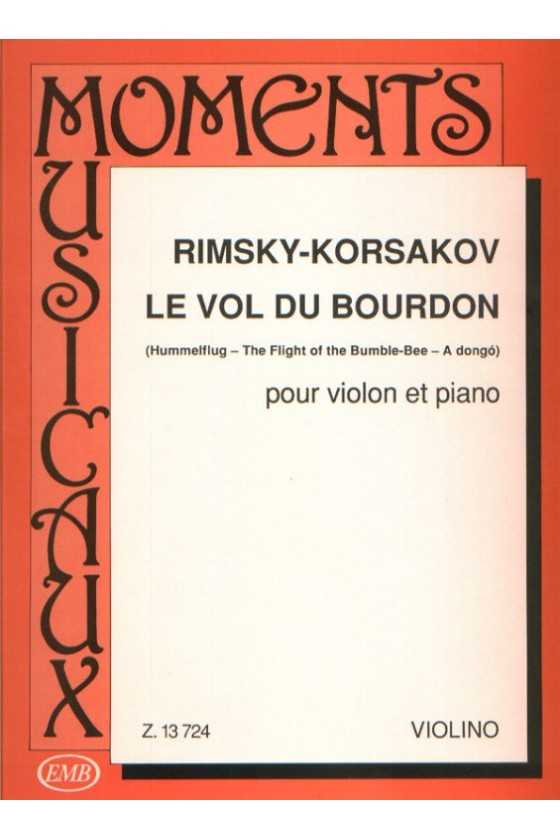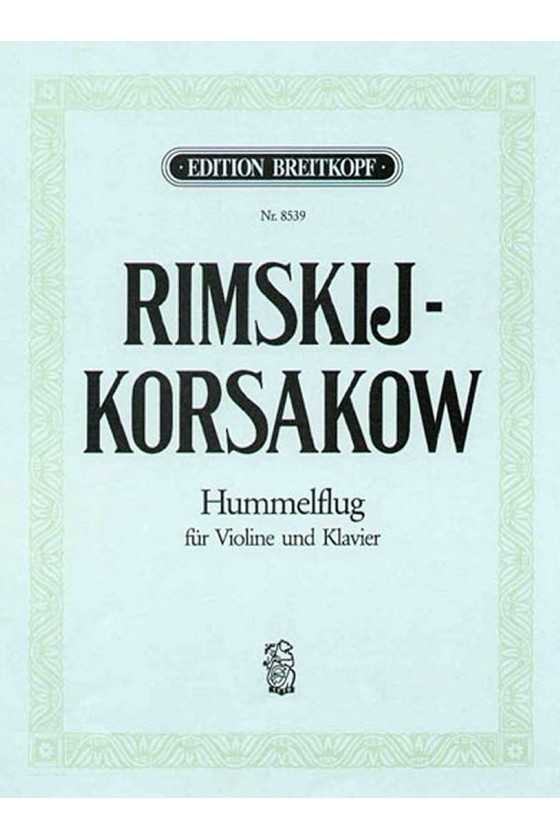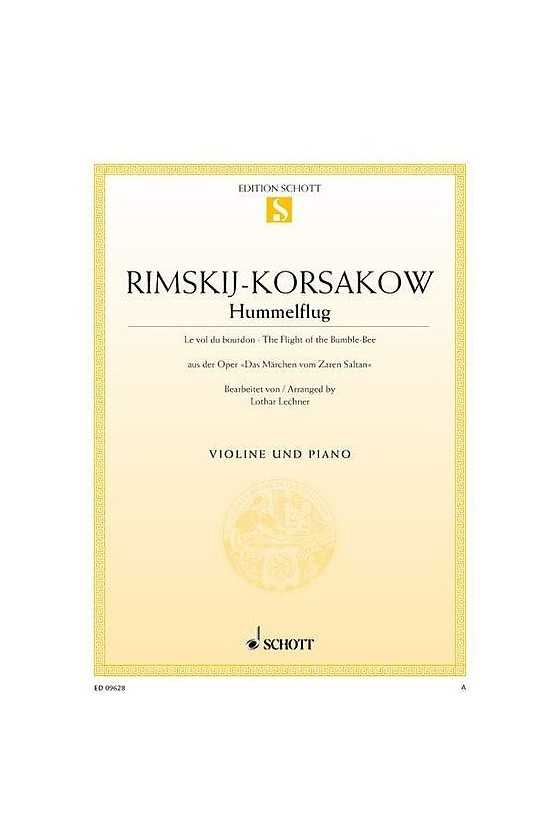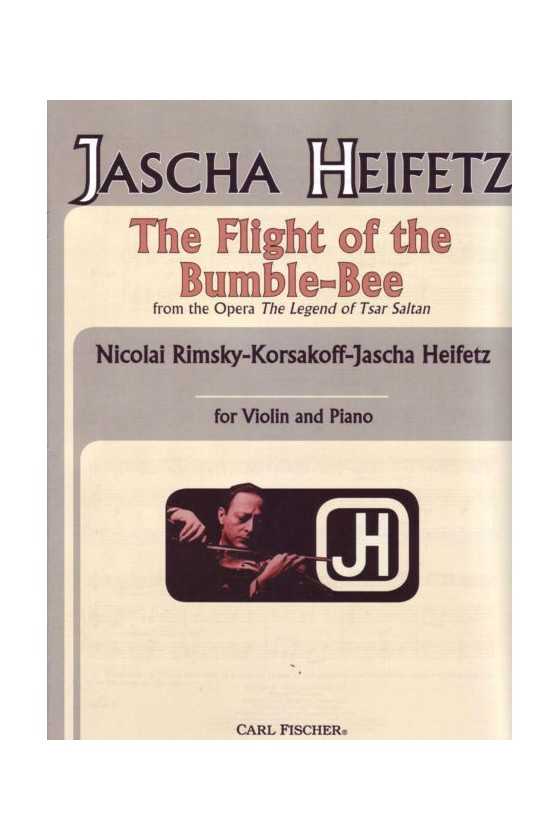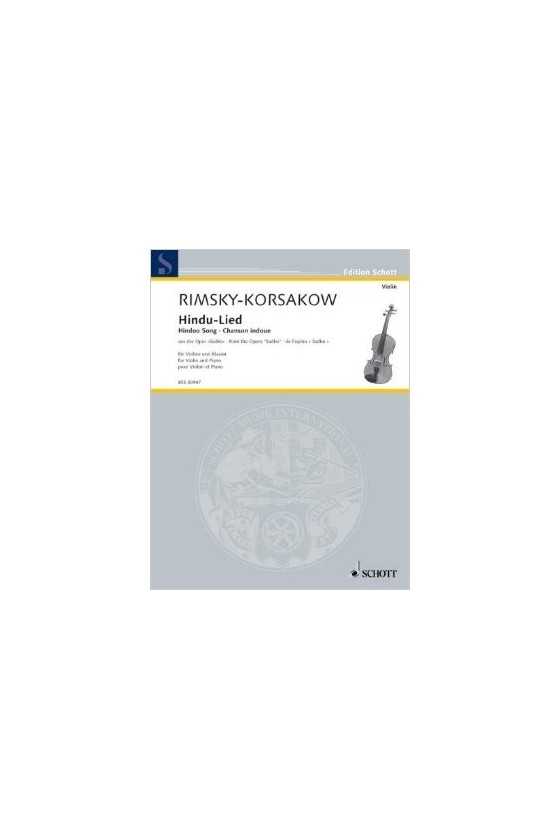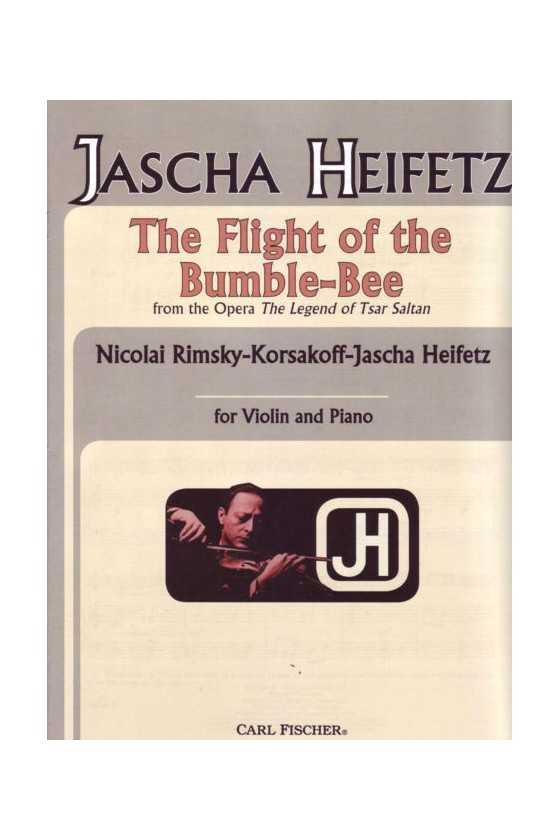Rimsky-Korsakov, Nikolai
Nikolai Rimsky-Korsakov, born on March 18, 1844, and passed away on June 21, 1908, was a highly influential Russian composer. He was a member of the renowned "Five" group of composers and achieved great acclaim for his virtuosity in orchestration. Rimsky-Korsakov's contributions to classical music repertoire include masterpieces such as Capriccio Espagnol, the Russian Easter Festival Overture, and the symphonic suite Scheherazade. His compositions often incorporated fairy-tale and folk subjects, showcasing his unique style of musical orientalism.
Early Life and Influences
Rimsky-Korsakov's interest in music was sparked at a young age. As a child, he was captivated by the ocean, inspired by his older brother's naval exploits and his love for reading novels. These early experiences would later influence his compositions, particularly his musical tableau Sadko and the symphonic piece Scheherazade, which both exhibit a fascination with the water.
Musical Education and Development
In 1871, Rimsky-Korsakov began his tenure as a professor of musical composition, harmony, and orchestration at the Saint Petersburg Conservatory. This marked a turning point in his career, as he delved into the study of Western musical techniques. Over a three-year self-education program, he honed his understanding of Western methods, incorporating them into his compositions while merging them with influences from Mikhail Glinka and other members of The Five.
Bridging East and West: Musical Orientalism
Rimsky-Korsakov, along with his fellow composer Mily Balakirev and critic Vladimir Stasov, believed in developing a nationalistic style of classical music that rejected typical Western compositional approaches. They sought to combine Russian folk songs and tales with exotic harmonic, melodic, and rhythmic components, a style known as musical orientalism. Rimsky-Korsakov's compositions exemplify this fusion, drawing inspiration from Russian and Eastern themes.
The Influence of Richard Wagner
Exposure to the works of Richard Wagner had a profound impact on Rimsky-Korsakov's composition and orchestration techniques. Wagner's innovative approaches expanded Rimsky-Korsakov's musical horizons, inspiring him to experiment with new ideas and techniques. This influence can be observed in the richness and complexity of Rimsky-Korsakov's compositions, as he skillfully blended Eastern and Western elements.
A Prolific Composer and Teacher
Throughout his career, Rimsky-Korsakov composed a vast number of original Russian nationalist works. As a professor, he also played a crucial role in preparing compositions by The Five for performance, thereby shaping the classical repertory of the time. His teachings and mentorship influenced a generation of future composers and musicians, solidifying his reputation as "the major architect" of the Russian style in classical music.
Impact and Legacy
Rimsky-Korsakov's influence extended beyond Russia's borders, leaving a lasting impact on composers both within and outside the country. His unique style and innovative techniques inspired non-Russian composers such as Maurice Ravel, Claude Debussy, Paul Dukas, and Ottorino Respighi. Rimsky-Korsakov's adherence to The Five's musical ideals, evident in his compositions like the Russian Easter Festival Overture and Scheherazade, solidified his role as a torchbearer for Russian classical music.
The Evolution of Rimsky-Korsakov's Style
Throughout his career, Rimsky-Korsakov continuously refined and reworked his compositions, demonstrating his commitment to perfection. He meticulously revised orchestral arrangements, making adjustments to tempo, phrasing, and instrumental details. Rimsky-Korsakov acknowledged the influences of other composers on his music, particularly Balakirev and Liszt, but maintained his unique voice and style through the use of whole tone and octatonic scales.
Exploring Rimsky-Korsakov's Works
One of Rimsky-Korsakov's most famous works is "Flight of the Bumblebee," an enchanting orchestral piece from "The Tale of Czar Saltan." This captivating melody has become a favorite among musicians and has been arranged for various solo instruments. Its popularity has only grown over the years, with many recognizing its origin as part of Rimsky-Korsakov's larger body of work.
Remembering a Musical Pioneer
Nikolai Rimsky-Korsakov's contributions to the world of classical music are immeasurable. His ability to blend Eastern and Western influences, his mastery of orchestration, and his dedication to nurturing future generations of composers and musicians have solidified his place in history. Today, his compositions continue to inspire and captivate audiences around the world, ensuring that his legacy lives on.
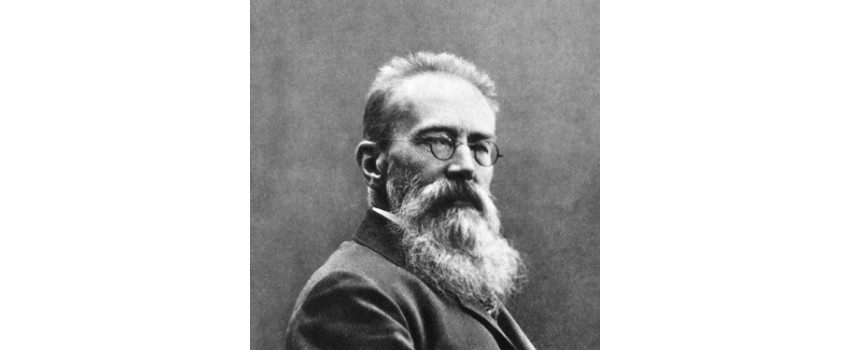
Rimsky-Korsakov, Bumble Bee for violin and Piano (Breitkopf & Härtel)
Nikolay Rimsky-Korsakov's "Flight of the Bumblebee" is an enchanting orchestral piece from "The Tale of Czar Saltan" that has captured the hearts of many. Despite its popularity, only some know its origin. The captivating melody has made it a favourite among musicians, and it is arranged for solo instruments.

